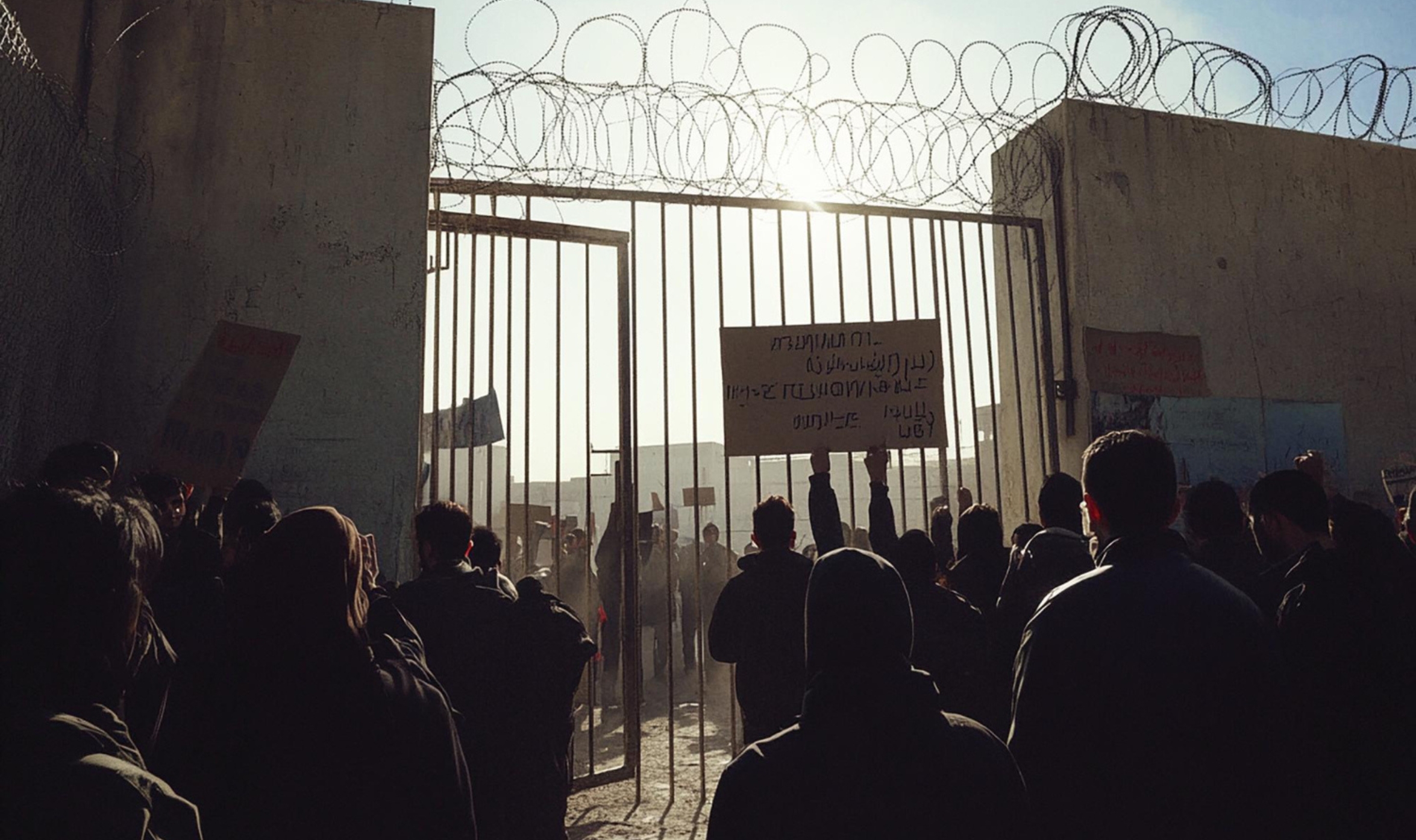Political Asylum And Its Impact On International Business Operations
5 Mins Read
Published on: 21 July 2023
Last Updated on: 07 December 2024

toc impalement
In the landscape of international relations and global business operations, one term that has garnered significant attention is political asylum.
This discourse takes you on an insightful journey, exploring what it entails and how it impacts international business operations. Strap in for a comprehensive guide that provides a detailed analysis, complete with real-life examples.
What is Political Asylum?
Political asylum, according to international law, is the act of granting protection to a foreign individual. However, always remember that the person who is provided asylum can never ‘demand’ it. Subsequently, the sheltering state is under any obligation to provide it.
The right to political asylum is primarily dictated by three variants. They include the territorial, extraterritorial, and neutral. In this form of asylum, people accused of political crimes, such as desertion, espionage, sedition, etc., are given protection.
Extraterritorial asylum is given to people who are stranded due to a crash or similar problems. This form of political immunity is limited in time. Therefore, the asylum-providing state expects the residential state to step in.
Neutral asylum is provided to people who are trying to avoid war and maintain a sense of neutrality. This form of asylum is the hardest and most complex form of asylum to seek.
Political Asylum Causes
Honestly speaking, there is no set or defined causes for a person to seek asylum. People can seek asylum for a myriad of different reasons.
- However, in most cases, the person seeking asylum must prove that his or her life is in danger of any kind.
- Finally, people can also seek asylum if they prove that they are trying to stay neutral in times of war. As a result, they would like to seek political refuge.
Historical Outlook on Political Asylum

The concept of political asylum has roots deep in human history, dating back to ancient times when temples provided refuge for those seeking safety from persecution or punishment. However, the modern sense of political asylum as known globally was largely forged during the 20th century amid escalating international conflicts and human rights abuses.
Laws Governing Political Asylum

Globally recognized principles and agreements form the legal framework for granting political asylum. The 1951 Refugee Convention and its 1967 Protocol stand at the forefront of this structure. These documents define who can apply for asylum, their rights once granted protection, and governments’ obligations towards them.
Criteria for Granting Political Asylum
To qualify for asylum status under international law, applicants must demonstrate a well-founded fear of being persecuted for reasons related to race, religion, nationality, membership in a particular social group, or holding certain political opinions.
Demonstrating such fear often requires substantial evidence interpretation which is subject to various jurisdictions’ understanding.
Case Studies on Political Asylum

And speaking about real-life applications helps deepen understanding significantly. One instance worth mentioning would be Julian Assange’s case – creator of WikiLeaks – who sought political asylum in London’s Ecuadorian embassy in 2012 fearing extradition proceedings initiated by Sweden over sexual assault allegations might ultimately deliver him into US hands facing prosecution related to his work with WikiLeaks. This case notably highlights how complications involving political asylums can echo internationally across diplomatic dimensions.
Understanding International Business Operations

Shifting gears towards international business operations – these involve transactions among parties from different countries including trade services or products, cross-border mergers or acquisitions, and foreign direct investment (FDI). They play an integral role in shaping global economic dynamics while also impacting your lifestyle choice substantially.
The Link Between Politics And The Economy

Undeniably, there’s a pronounced interweaving of political landscapes and economics, more noticeable in our increasingly connected world. Regulatory shifts, environmental alterations, and geopolitical upheavals can send ripples through both local markets and global commerce channels.
These ripples often metamorphose into tidal waves that crash over worldwide businesses. Therefore, it’s paramount we keep an observant eye on this complex dance between politics and the economy.
Impact On Trade Owing To Political Asylum
Imagine scenarios where vast groups seek refuge – such situations can spark economic repercussions from countries against those identified as violating human rights.
This translates directly into import/export predicaments, as these penalties may involve imposing substantial tariffs or exercising complete boycotts and embargoes.
This stifles the usual exchange of goods resulting in disruptions throughout entire supply chains. Consequently, routine business operations may stumble.
Effects On Foreign Direct Investments

Foreign direct investments (FDIs) originate from overseas individuals intending to establish businesses that aid in job creation and revenue generation. FDIs lean heavily towards nations offering stable economic outlooks alongside rewarding opportunities.
However, incidents involving widespread persecutions that lead streams of people towards seeking asylum create an air of instability that triggers FDI outflows thereby dissuading potential investors.
Political Asylum Influencing Market Uncertainty
Risk perception associated with political asylum is often harmful to robust economic activities. Economies at the receiving end might experience added pressure on fiscal resources to accommodate influxes that ripple across marketplaces adding layers of uncertainty.
This uncertainty influences investor perceptions, impacting their understanding of economic fundamentals hence causing destabilizing price movements within retail consumer markets and even affecting national currency valuations.
Mitigation Strategies In Businesses
Despite the unpredictable circumstances circling around political asylum issues, strategic steps are taken by businesses to cushion potential impacts fostering resilience along with robust continuity plans and diversification – reducing dependence on a single geographic region. Additionally, nurturing adaptable supply chains that can flexibly adjust in the face of disruptions is vital.
Ultimately adopting proactive mitigation tactics can ensure smooth navigation through fluctuating international landscapes aiding better management during uncertain times and monitoring moves like chess players making calculated counter-moves anticipating upcoming developments.
Advancements Toward International Business Stability
Global entities like the United Nations and World Bank tirelessly work for heightened stability. Technological advancements, particularly digitalization, foster cross-border collaboration, enabling businesses to manage worldwide challenges effectively.
Conclusively
Entities engaged in transnational dealings must thoroughly comprehend the nuanced relationship between politics and economics, especially context issues migrant flows forecasting impacts practical realism will always imperative however increasing calls for collaboration and partnership among nations coupled technological adoption lending optimism circumstance belief that balance dynamism pragmatism can foster operating environment rewarding both businesses individuals alike.
Read Also:


















Comments Are Closed For This Article